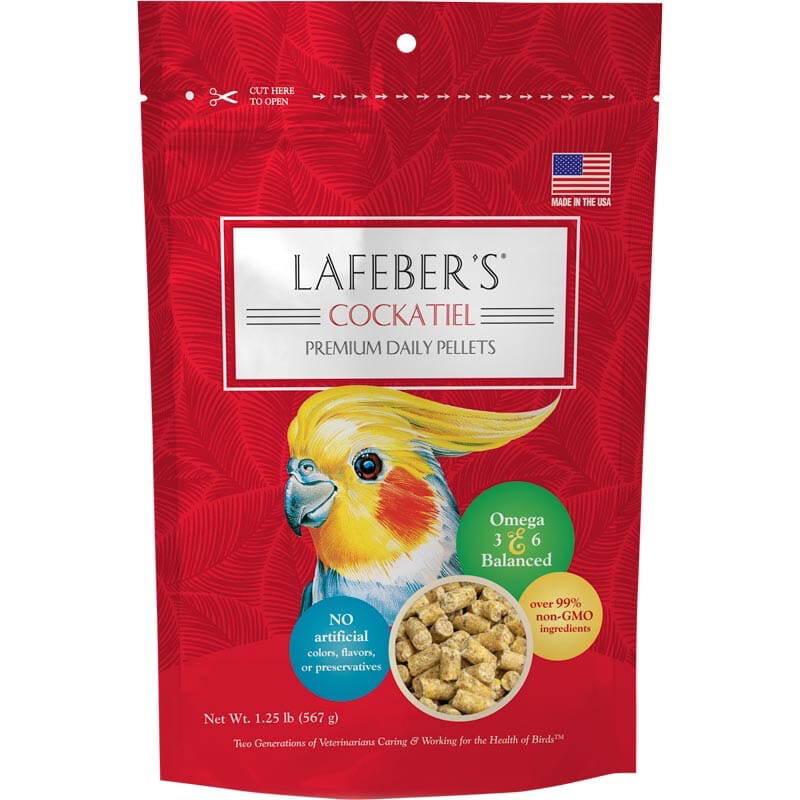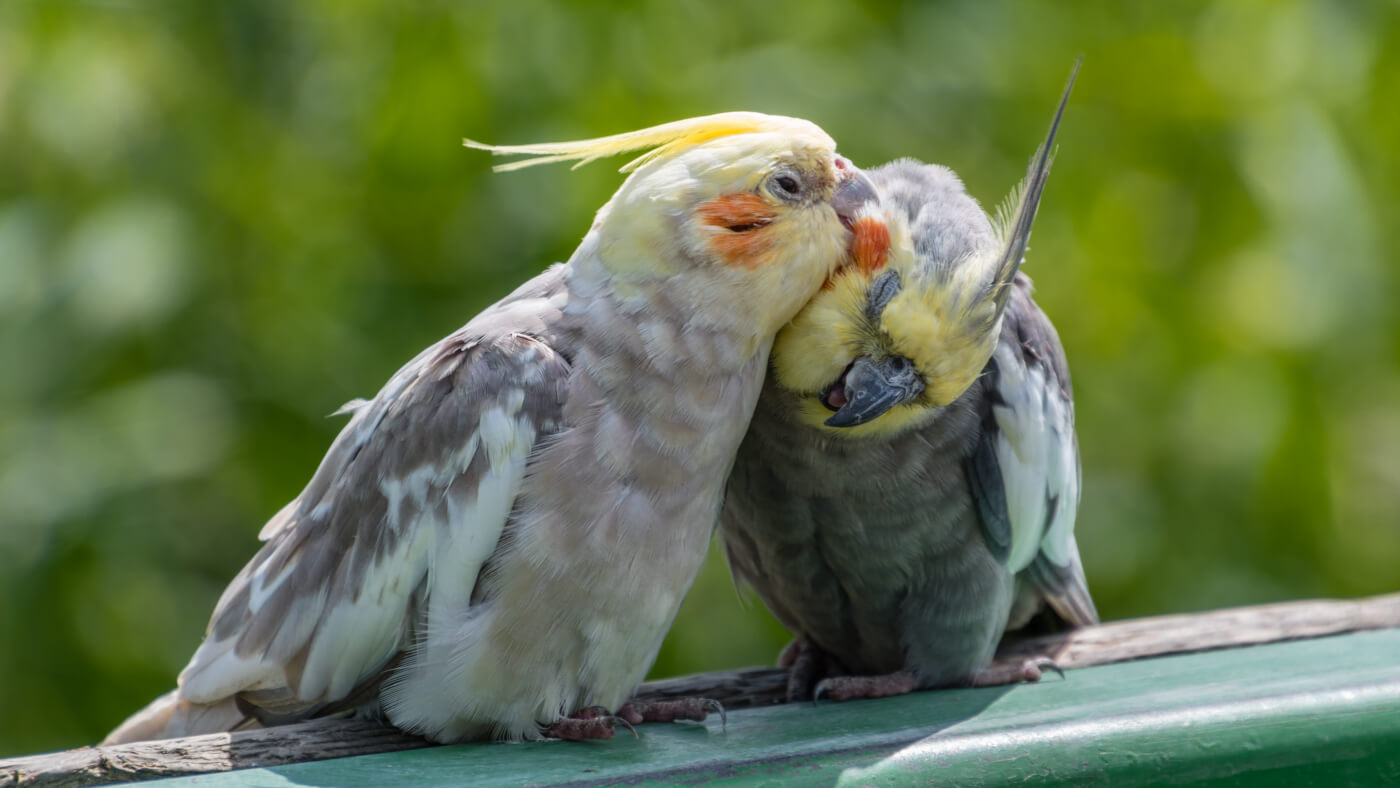If you own a cockatoo, you may have experienced its biting behavior. Cockatoo biting is a common issue that many bird owners encounter. While it can be frustrating and even painful, understanding the causes behind this behavior and implementing effective prevention strategies can help create a harmonious relationship between you and your feathery friend.
Causes of Cockatoo Biting
Before we delve into prevention and training techniques, it’s essential to understand the reasons why cockatoos exhibit biting behavior. By identifying the causes, we can address them appropriately and work towards a solution.
- 1. Fear or Aggression: Cockatoos may bite as a means of self-defense if they feel threatened or scared. They may also resort to biting out of aggression, especially during hormonal periods.
- 2. Lack of Socialization: Birds that haven’t been adequately socialized with humans or have had negative experiences with people may resort to biting as a defense mechanism.
- 3. Teething or Health Issues: Just like human babies, cockatoos go through a teething phase, which can lead to increased biting. Additionally, there might be underlying health problems causing discomfort and triggering biting behavior.
- 4. Attention Seeking: Cockatoos are intelligent creatures and may bite to gain attention from their owners or to initiate play.
Preventing Cockatoo Biting
Prevention is key to managing cockatoo biting and fostering a healthy bond with your pet bird. Here are several preventive measures to consider:
- 1. Socialization: Expose your cockatoo to various experiences, sounds, people, and environments from an early age to help them become comfortable and secure.
- 2. Positive Reinforcement: Reward good behavior with treats, praise, and affection to reinforce positive associations with desired actions.
- 3. Consistent Training: Use clicker training or other positive reinforcement techniques to teach your cockatoo commands and proper behavior.
- 4. Provide Mental Stimulation: Offer toys, puzzles, and activities that keep your cockatoo engaged and mentally stimulated to prevent boredom-induced biting.
- 5. Regular Veterinary Check-ups: Ensure your cockatoo is in good health by scheduling regular visits to a avian veterinarian. Addressing any underlying health issues can help alleviate biting behavior.
- 6. Recognize Warning Signs: Learn to identify your cockatoo’s body language and cues when they are feeling uncomfortable or threatened. This can help you avoid situations that may trigger biting.

Credit: www.kookshop.com
Training Tips for Cockatoo Biting
Training your cockatoo is an ongoing process that requires patience and consistency. Here are some training tips specifically tailored to address biting behavior:
| Tip | Description |
|---|---|
| 1. Bite Inhibition | Teach your cockatoo bite inhibition by making a high-pitched yelp or saying “ouch” when it bites. This teaches your bird that biting causes discomfort and helps them learn to control their bite strength. |
| 2. Time-outs | If your cockatoo bites, calmly and gently place it in its cage or on a designated “time-out” perch for a few minutes. This reinforces the idea that biting results in a loss of attention and freedom. |
| 3. Distraction | Redirect your cockatoo’s attention to a toy or treat whenever it shows signs of wanting to bite. This helps them associate biting impulses with a more appropriate behavior. |
| 4. Seek Professional Help | If your cockatoo’s biting behavior persists or becomes severe, consult an avian behaviorist who can provide expert guidance tailored to your bird’s specific needs. |
Remember, training takes time, and consistency is key. Be patient and persistent with your efforts to modify biting behavior in your cockatoo.

Credit: www.peta.org
Frequently Asked Questions On Cockatoo Biting : The Ultimate Guide To Stop Aggressive Behavior
Why Do Cockatoos Bite?
Cockatoos bite due to fear, stress, or territorial behavior. Biting is their way of communication and defense.
How Can I Prevent My Cockatoo From Biting?
To prevent biting, make sure your cockatoo feels secure, provide plenty of social interaction and proper training.
Are Cockatoos Known For Aggressive Behavior?
Yes, some cockatoos can exhibit aggressive behavior, especially if they are not properly trained or socialized.
What Should I Do If My Cockatoo Bites Me?
If your cockatoo bites you, calmly withdraw without reacting strongly, as overreacting may reinforce the behavior.
Conclusion
Understanding the causes of cockatoo biting, implementing preventive measures, and employing effective training techniques are crucial steps towards preventing and addressing this behavior. With time, patience, and a balanced approach, you can build a strong and harmonious bond with your feathery friend while minimizing biting incidents.
Always remember, consult professional avian experts for personalized advice and guidance that suits your cockatoo’s specific needs.
